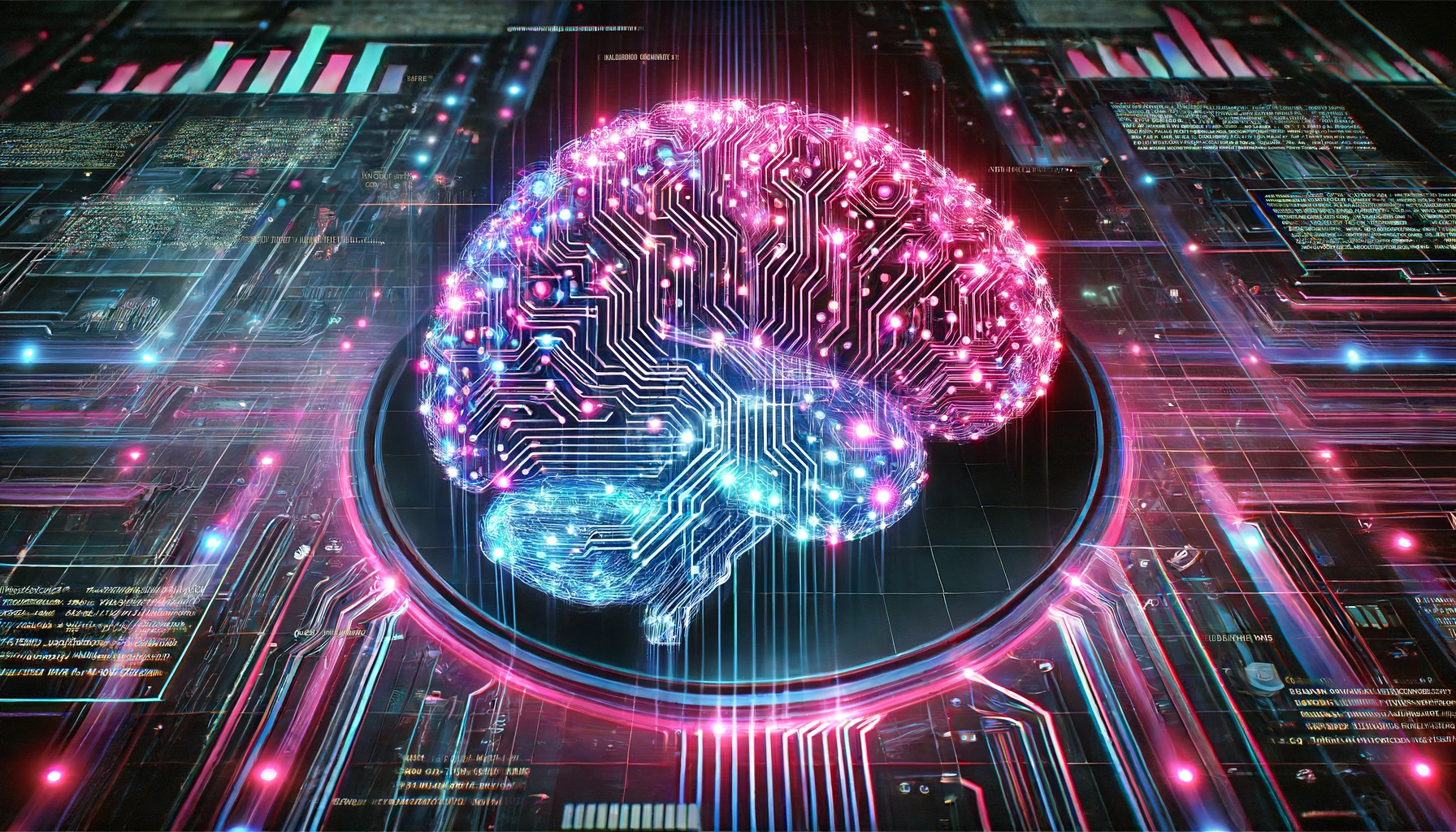Senate Democrats and an independent lawmaker have sent a letter to OpenAI’s CEO, Sam Altman, requesting enhanced safety standards and dedicated computing power for safety research.
Points
- Lawmakers seek commitment from OpenAI to dedicate 20% of computing power to safety research.
- Concerns about potential misuse of AI products by malicious actors.
- Emphasis on the importance of whistleblower protection within the AI sector.
In a recent move, Senate Democrats and an independent lawmaker have addressed a letter to OpenAI CEO Sam Altman, raising concerns about the company’s safety standards and employment practices, particularly regarding whistleblowers. The letter outlines 11 additional points, emphasizing the need for OpenAI to dedicate 20% of its computing power to safety research. This measure aims to prevent the potential misuse of AI products by malicious actors or foreign adversaries.
Regulatory Scrutiny
Regulatory scrutiny is not new for OpenAI and the broader artificial intelligence sector. However, the recent letter was prompted by whistleblower reports highlighting lax safety standards for the GPT-4 Omni to ensure the market release of the product was not delayed.
Existential Fears Persist
One of the whistleblowers, Saunders, expressed concerns not about the current iteration of OpenAI’s ChatGPT large language model but about future versions and the potential development of advanced superhuman intelligence. He argued that employees within the AI sector have a right to warn the public about potentially dangerous capabilities exhibited by rapid advancements in synthetic intelligence.
Conclusion
The letter from lawmakers underscores the growing concerns about the safety and ethical implications of advanced AI technologies. As OpenAI continues to develop its products, ensuring robust safety standards and protecting whistleblowers will be crucial in maintaining public trust and preventing misuse.
解説
- The letter highlights the need for AI companies to prioritize safety research and allocate sufficient resources to address potential risks.
- Whistleblower protection is essential in fostering a transparent and accountable AI development environment.
- Regulatory scrutiny and proactive measures can help prevent the misuse of AI technologies by malicious actors or foreign adversaries.
- Ensuring robust safety standards and ethical practices will be key to maintaining public trust in AI advancements.
